Understanding Depression: Signs, Symptoms, and Treatment Options
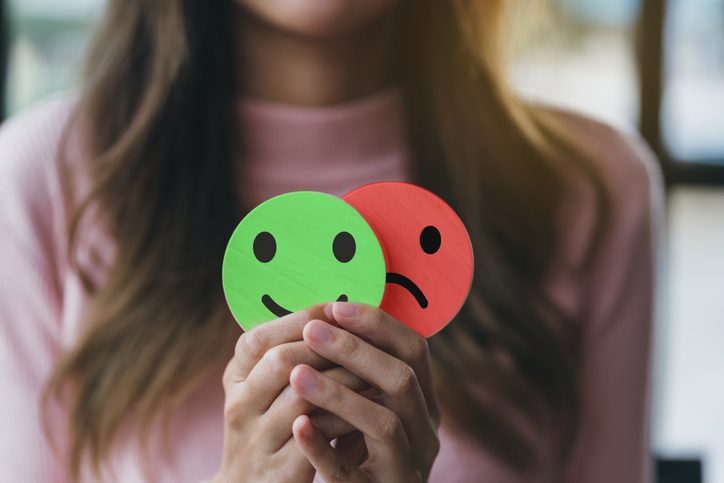
Understanding Depression: Signs, Symptoms, and Treatment Options
October 20, 2023
Understanding the Intricacies of Depression
Depression is a silent battle, often fought behind closed doors. It’s an uninvited guest that creeps into lives, casting long shadows over the brightest moments. Many of us have experienced it personally or seen it in someone we love. But despite its ubiquity, depression remains misunderstood.
This article aims to shed light on the often hidden world of depression, exploring its signs, symptoms, and the various treatment options available. We’ll delve into the complexities of this mental health condition, aiming to provide a comprehensive understanding that can help both those affected and their loved ones navigate these murky waters.
Recognizing the Signs
Depression isn’t just about feeling sad. It’s a persistent low mood that affects all aspects of life, often accompanied by a range of physical and emotional symptoms. These can include:
- Constant feelings of sadness, hopelessness, or emptiness
- Loss of interest in activities once enjoyed
- Difficulty concentrating or making decisions
- Changes in sleep patterns – either insomnia or sleeping too much
- Changes in appetite – eating too much or too little
- Unexplained physical problems, like headaches or back pain
Remember, these symptoms must last at least two weeks to be considered depression.
The Hidden Symptoms
Depression also has less obvious symptoms that can be easy to miss. These include:
- Irritability or restlessness
- Feelings of guilt or worthlessness
- Fatigue or low-energy
- Thoughts of death or suicide
If you or someone you know is experiencing suicidal thoughts, it’s crucial to seek help immediately from a mental health professional or a trusted person in your life.
Treatment Options
Depression is a serious condition, but it’s also highly treatable. There are several treatment options available:
- Therapy: Cognitive Behavioral Therapy (CBT), Interpersonal Therapy (IPT), and Problem-Solving Therapy (PST) are among the most effective types.
- Medication: Antidepressants can help manage the symptoms of depression.
- Lifestyle changes: Regular exercise, a healthy diet, adequate sleep, and reduced alcohol intake can all make a significant difference.
- Mindfulness and relaxation techniques: Practices like yoga, meditation, and deep-breathing exercises can help manage symptoms.
The Importance of Seeking Help
Depression can feel like a heavy burden to bear, but you don’t have to carry it alone. Remember, seeking help isn’t a sign of weakness — it’s a step towards regaining control of your life. Reach out to a mental health professional if you’re experiencing symptoms of depression. They can provide the right tools and strategies to manage this condition effectively.
A Lifeline is Only a Call Away
Remember, it’s okay to ask for help. You are not alone in this fight. If you or someone you know is in immediate distress or is considering self-harm, please reach out to a crisis hotline immediately. There are several available, providing 24/7, free, and confidential support:
- SAMHSA’s National Helpline
- The Lifeline network
- Mental Health Hotline
- Crisis Text Line
- National Depression Hotline
These helplines are staffed by trained professionals who can provide immediate help and guide you to the appropriate resources. Please don’t hesitate to reach out; help is just a call or text away.
Begin Your Journey to Recovery with Southern Connecticut Behavioral Health
Depression can be overwhelming, but it’s important to remember that help is available and recovery is possible. At Southern Connecticut Behavioral Health, our dedicated team of experts specializes in therapies for depression. We’re committed to helping individuals find relief from symptoms and work towards a brighter future.
With locations in Milford, Greenwich, and New London/Groton, we’re conveniently accessible to those in need throughout Connecticut. Our compassionate professionals will guide you through your mental health journey with confidence, prioritizing your well-being every step of the way.
Recent News
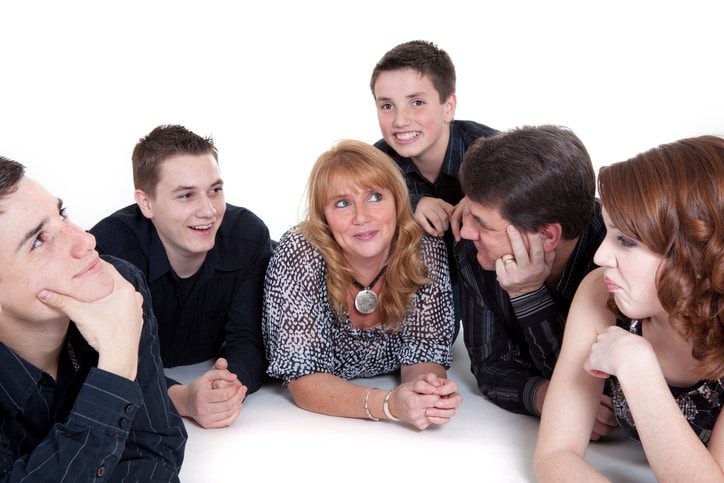
Understanding the Dynamics of Family Systems in Therapy
July 18, 2024

The Impact of Therapy on Personal Growth and Well-being
April 18, 2024

The Power of Mindfulness in Reducing Stress
January 17, 2024
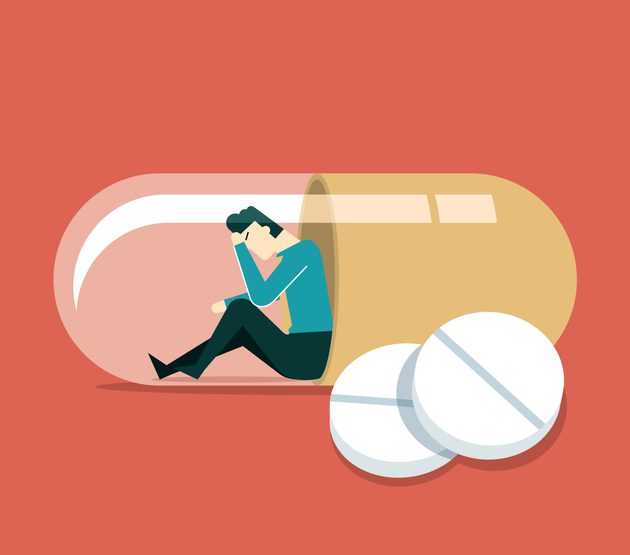
Understanding the Connection Between Trauma and Substance Abuse
August 7, 2023
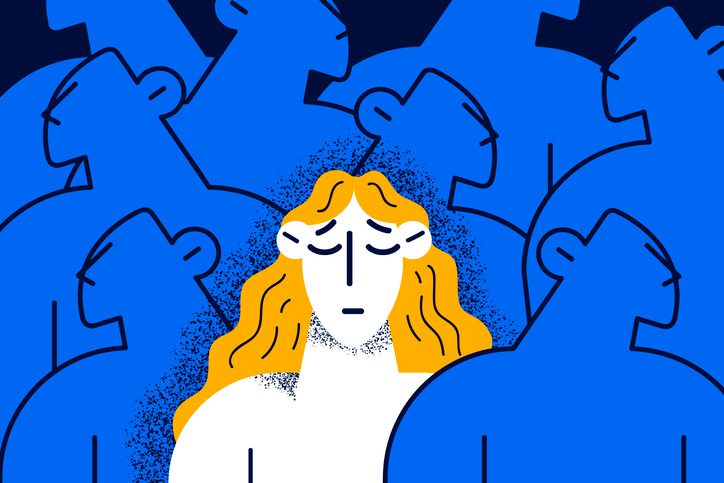
Self-Help Solutions to Ease Your Anxiety
April 21, 2023
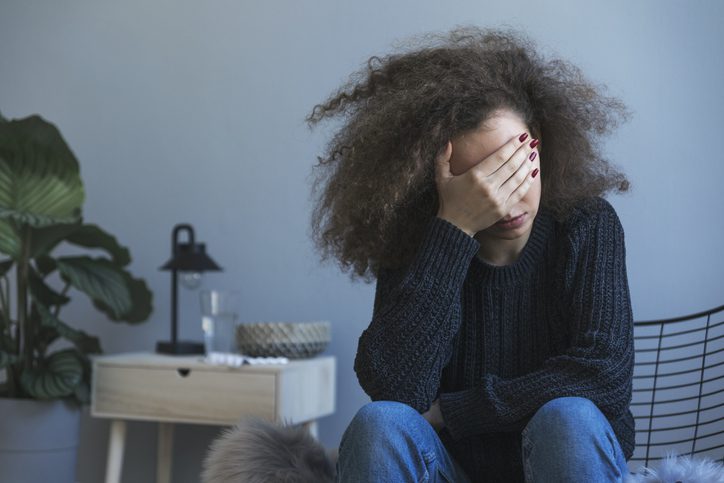
Signs Of Drug Abuse That Shouldn’t Be Ignored
January 23, 2023


